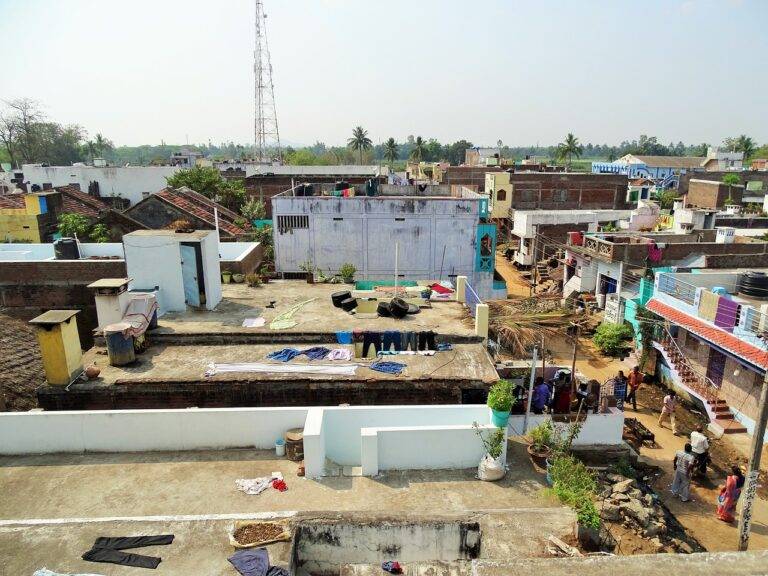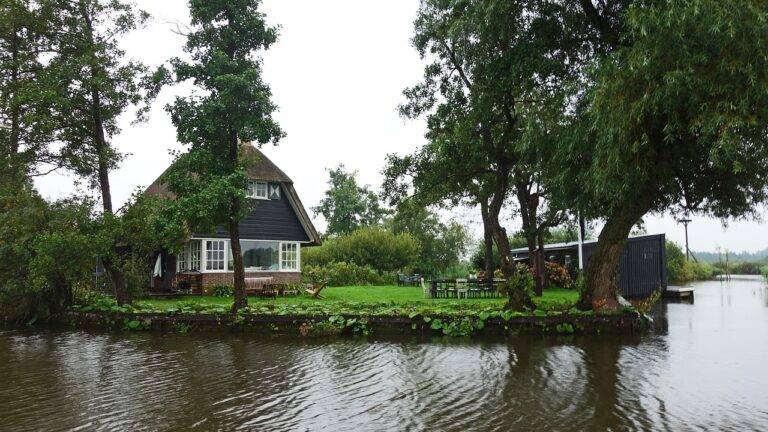The Benefits of Installing a Home Graywater System
Efforts to conserve water in various sectors have become crucial in the face of increasing water scarcity worldwide. Implementing water-saving practices not only helps in preserving this invaluable resource but also reduces the strain on water sources. By adopting technologies like drip irrigation and investing in water-efficient appliances, individuals and organizations can significantly minimize their water usage.
Apart from technological advancements, fostering a culture of water conservation through awareness campaigns and education is pivotal. Encouraging simple habits like fixing leaky faucets, using a broom instead of a hose for cleaning, and collecting rainwater for non-potable purposes can collectively lead to substantial water savings. As communities and industries unite in prioritizing reduced water consumption, a sustainable future with ample water resources for generations to come can be envisioned.
Reuse of water for irrigation
Water scarcity is a pressing concern in many regions around the world, prompting the need for innovative solutions. The reuse of water for irrigation has emerged as a sustainable practice that not only conserves water but also promotes agricultural productivity. By utilizing treated wastewater or recycled water for irrigation purposes, farmers can reduce their dependency on freshwater sources, alleviating the strain on already limited water supplies.
In addition to addressing water scarcity, the reuse of water for irrigation offers environmental benefits by reducing the discharge of wastewater into natural water bodies. This helps in preventing pollution and maintaining the ecological balance of aquatic ecosystems. Furthermore, recycled water can contain essential nutrients that can enhance soil fertility, leading to improved crop yields and overall agricultural sustainability.







